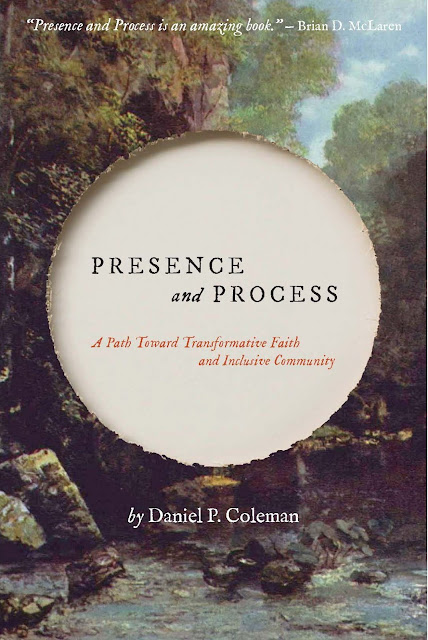Today is Palm Sunday, a day that commemorates Jesus's "triumphal entry" into Jerusalem. This was an incredibly subversive act on his part, both religiously and politically. It was a bit of prophetic performance art, as Jesus and his followers reenacted the ancient Jewish ritual of the king's enthronement (for which Psalm 118 had been written and used). But, as biblical scholar James Sanders points out, in the case of Jesus, "The messiah has arrived and been acclaimed king. He has been recognized as king by acclamation not from those with power or authority but by a rather scragly crowd of disciples and followers."
The participants in Jesus entry into Jerusalem shouted "Hosanna!" which means "Please help us!" It was a cry for justice and mercy and deliverance. "Hosanna!" was what a person would cry out to the judge when they came into court as a result of having fallen behind on their crushing debt obligations from having to borrow money in order to pay civic and temple taxes (a few decades later, when violent rebel factions took control of Jerusalem and the temple, they intentionally burned all of the records of debt). "Hosanna!" was a plea from the powerless to the judge to be just and fair and merciful in hearing their case. At the triumphal entry, the people were calling out to God to hear their case against the terribly oppressive religious and civic and economic systems that they lived under.
Sanders says, "This enactment of the psalm [118] as a prophetic symbolic act would have been no less blasphemous and scandalous to those responsible for Israel's traditions (and they would have known them well) than similar symbolic acts performed by the prophets in the late Iron Age [such as Isaiah, Jeremiah and Ezekiel]." Those in power, who controlled the systems of oppression, would have looked derisively upon this noisy, unruly crowd and their charismatic leader. Ultimately they would decide that he and the movement he inspired needed to be crushed.
So, if you go to church today and see the children waving palm fronds, consider that what they are reenacting is a moment of radical and risky prophetic public action against rulers and authorities and systems of oppression. They were calling for a very different kind of kingdom and king; one marked by care for the "least of these"--the poor, the immigrant, the outcast, the powerless and voiceless. They were crying out for fairness and compassion and kindness and peace and radical inclusion and integrity and opportunity to thrive and grace and love. They were crying out for the kingdom of God.


